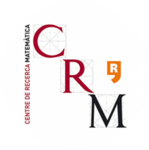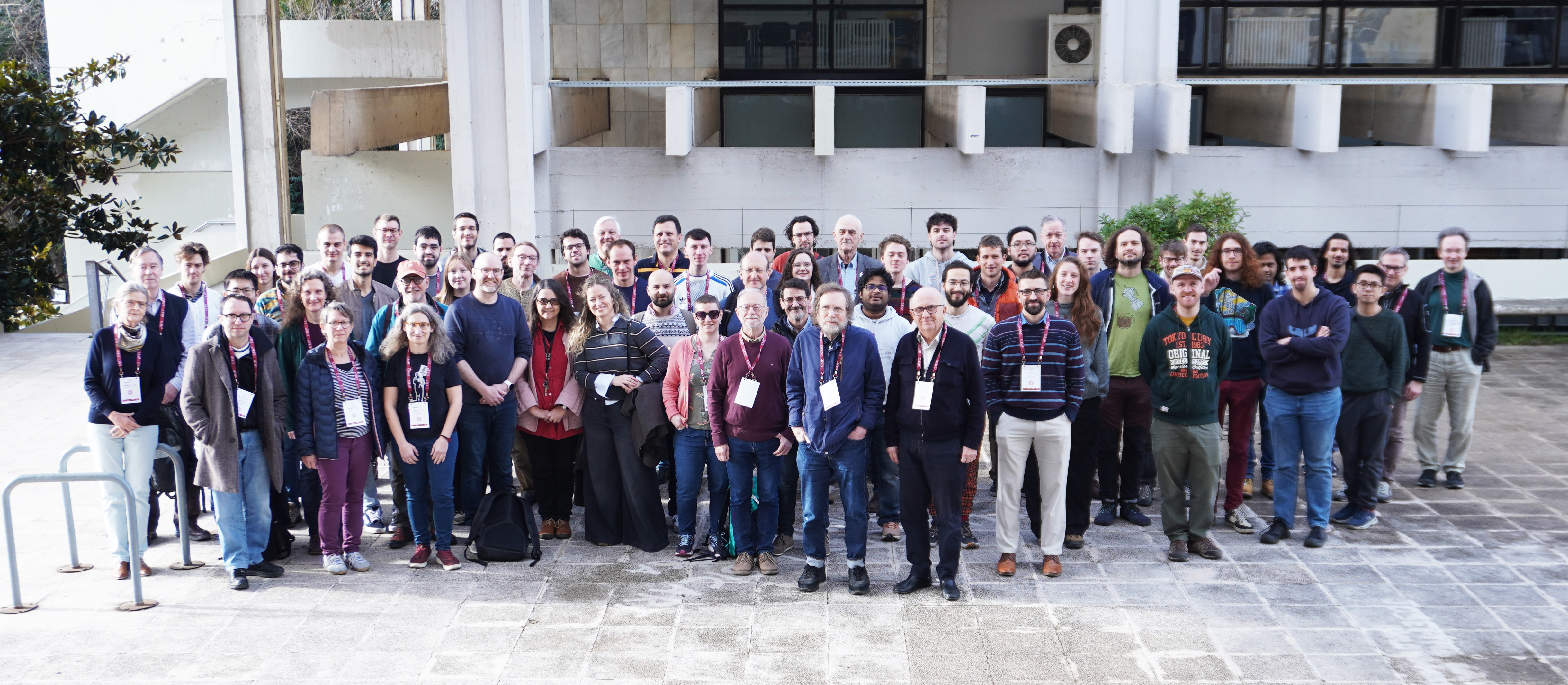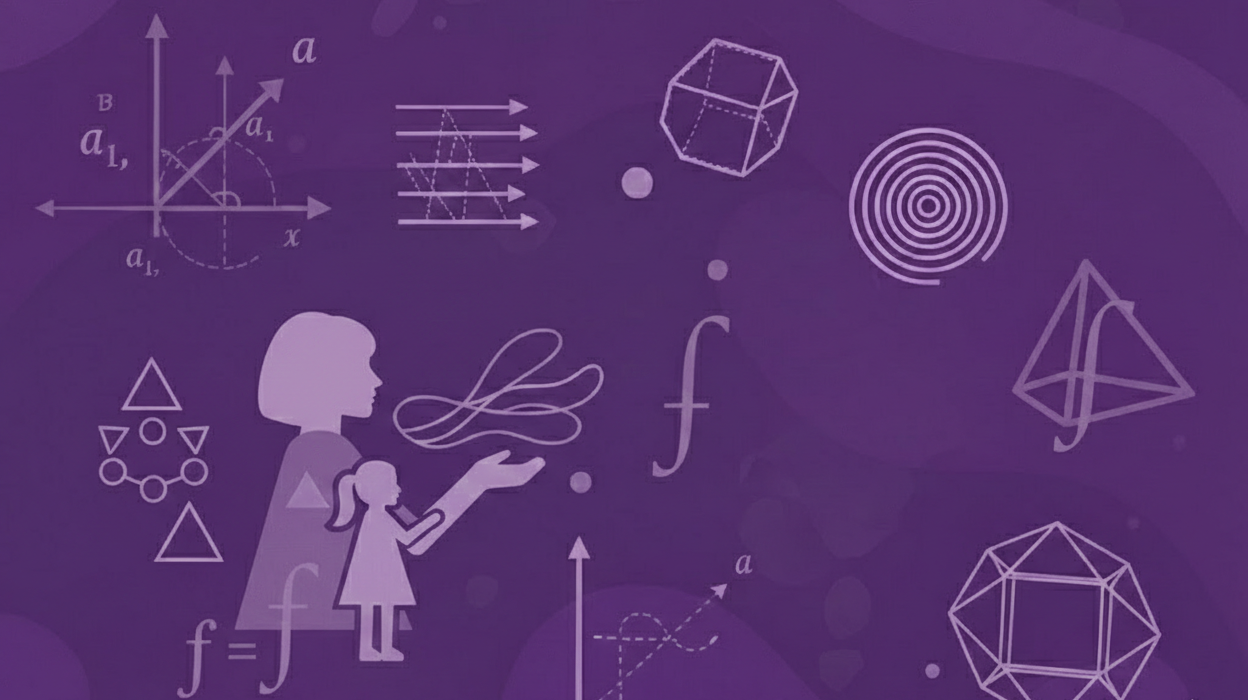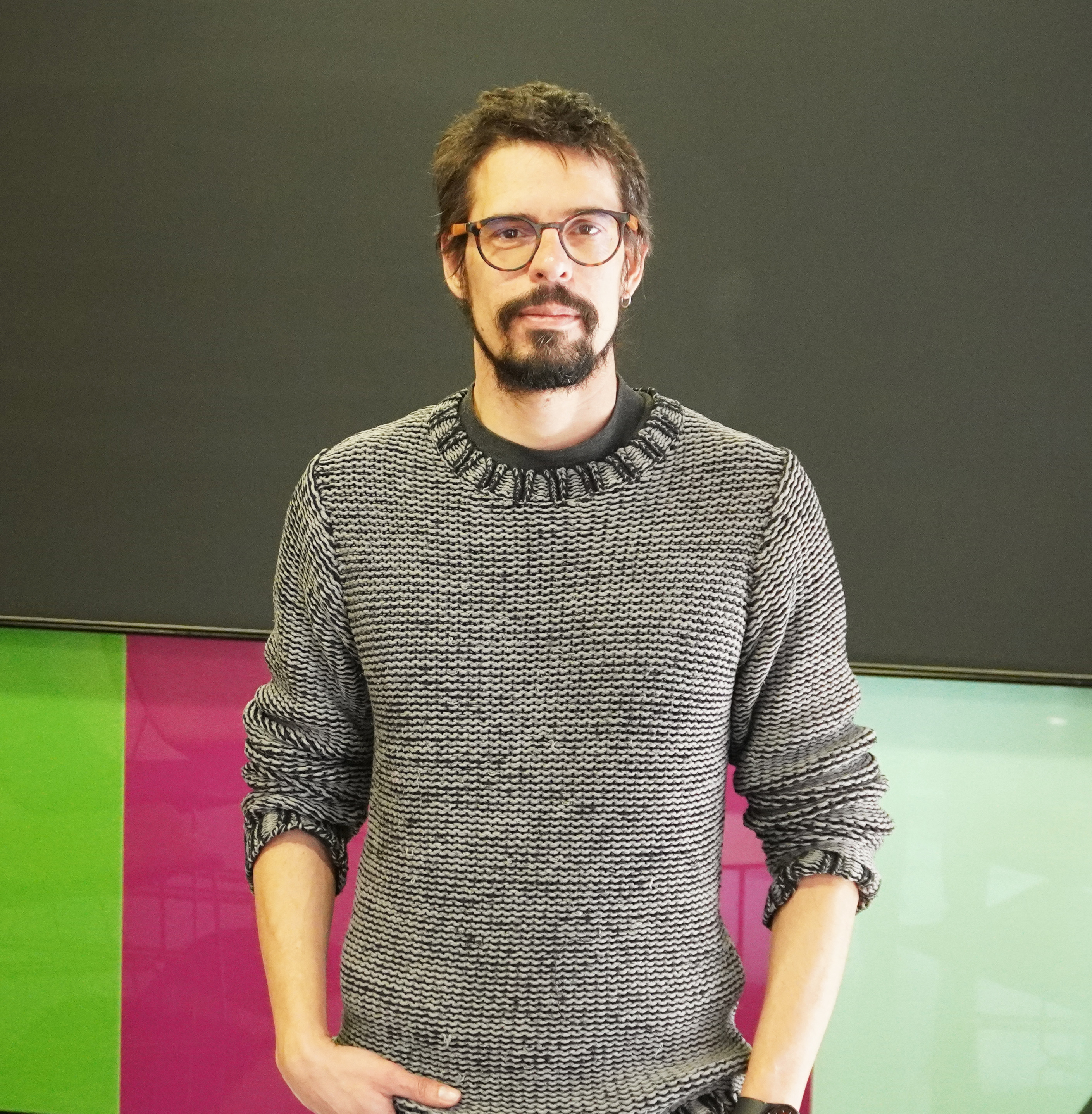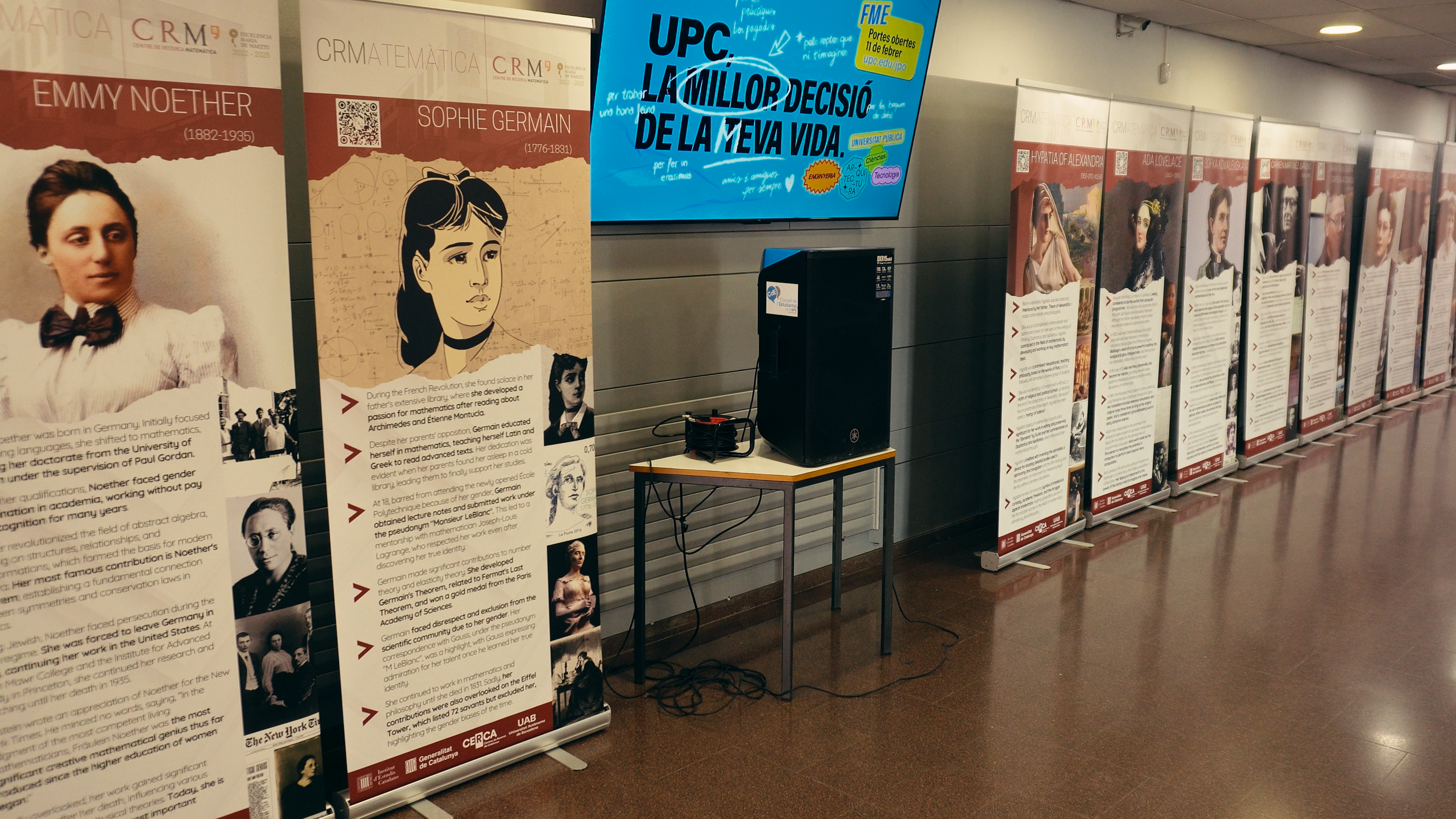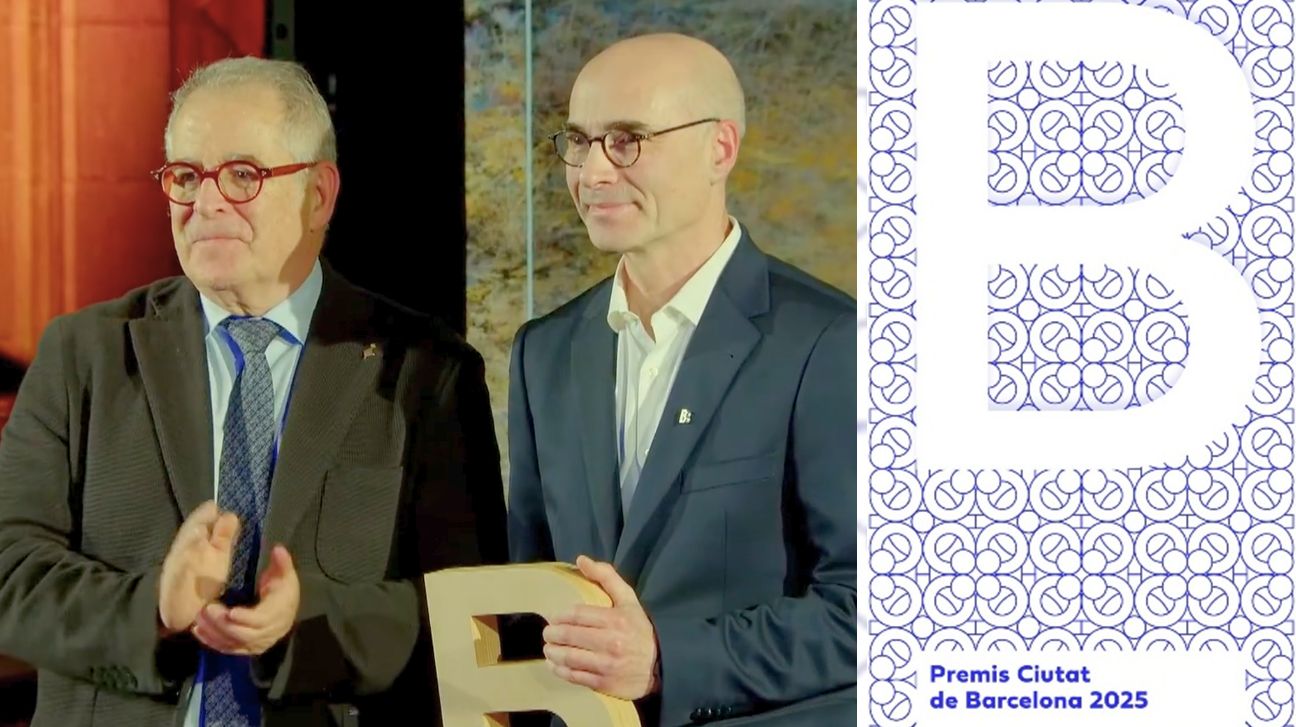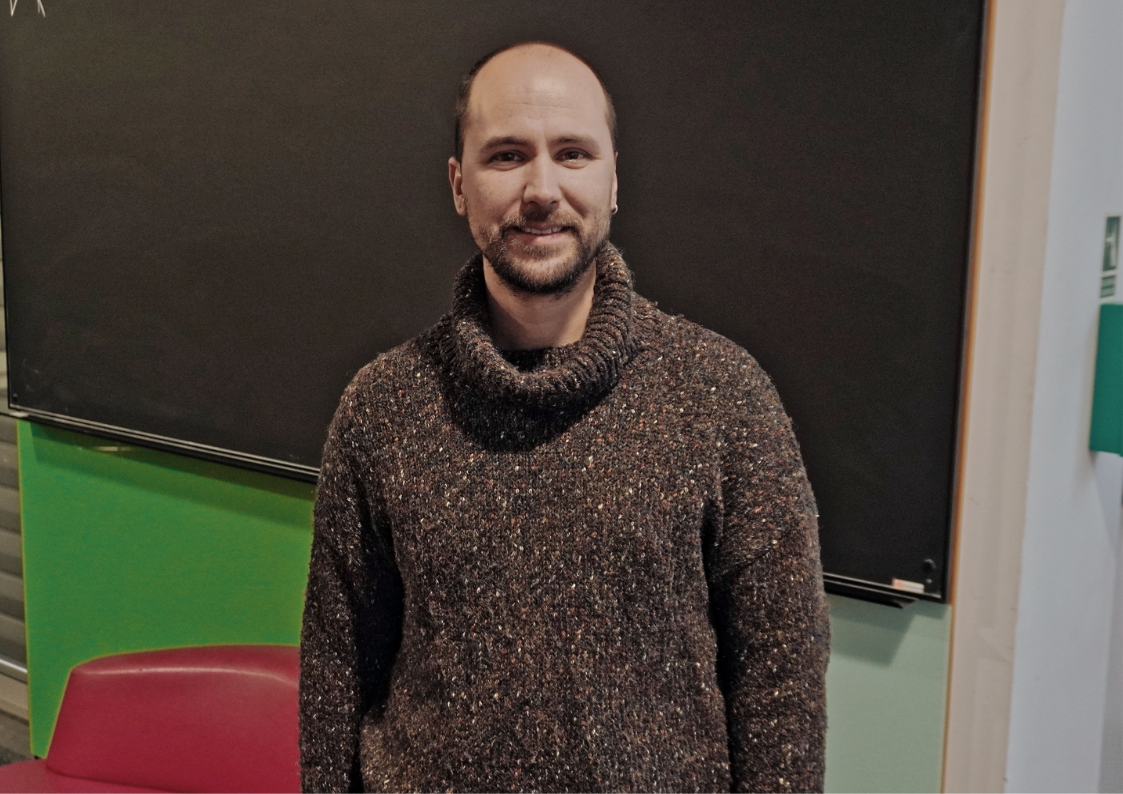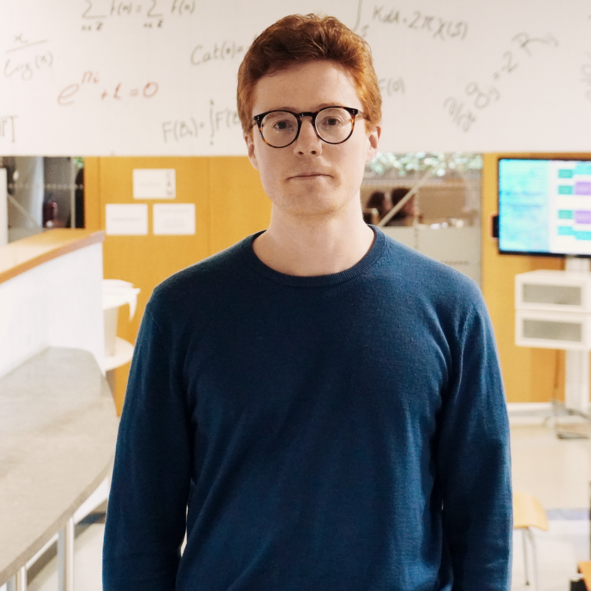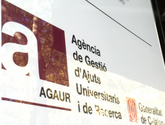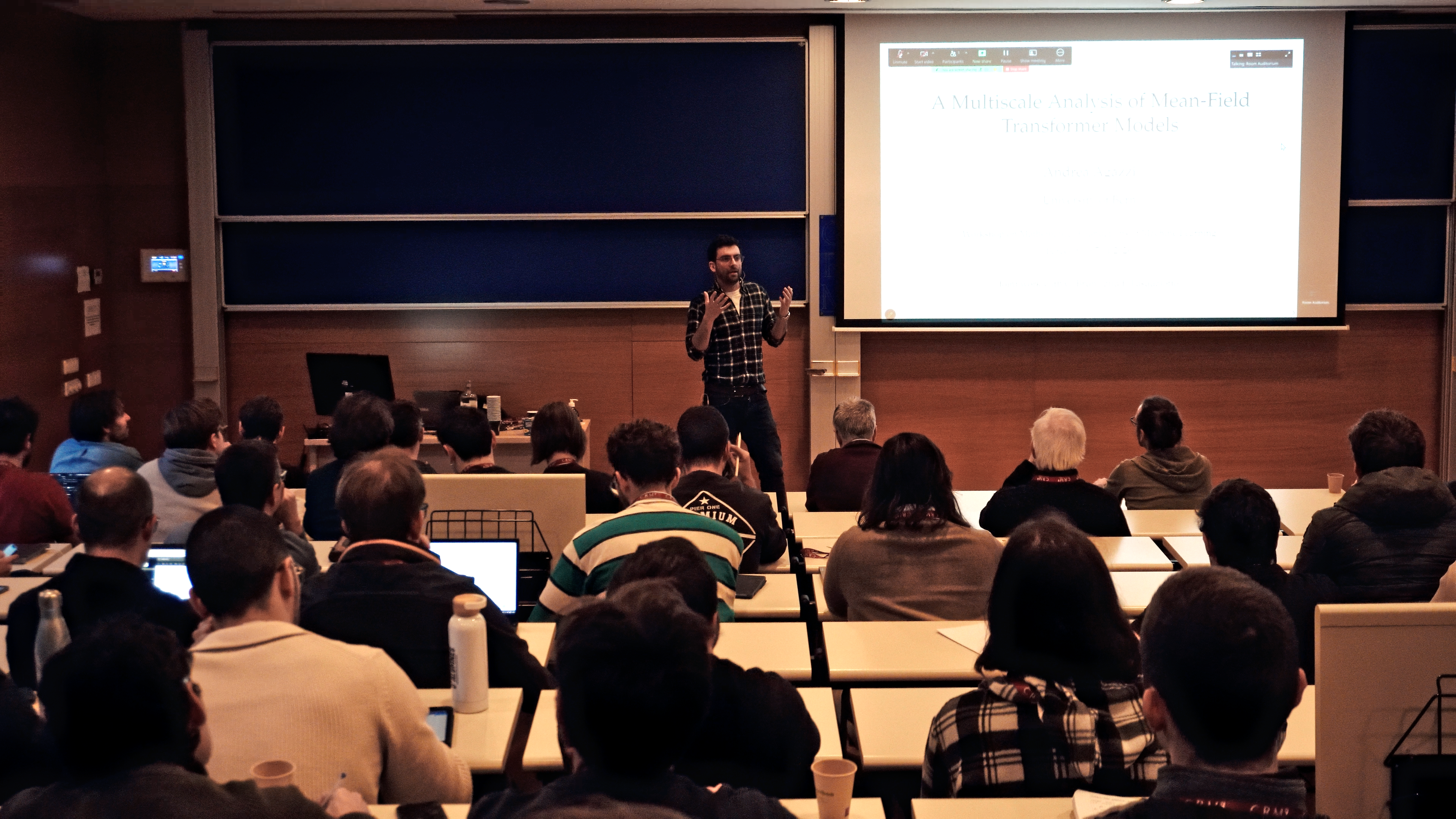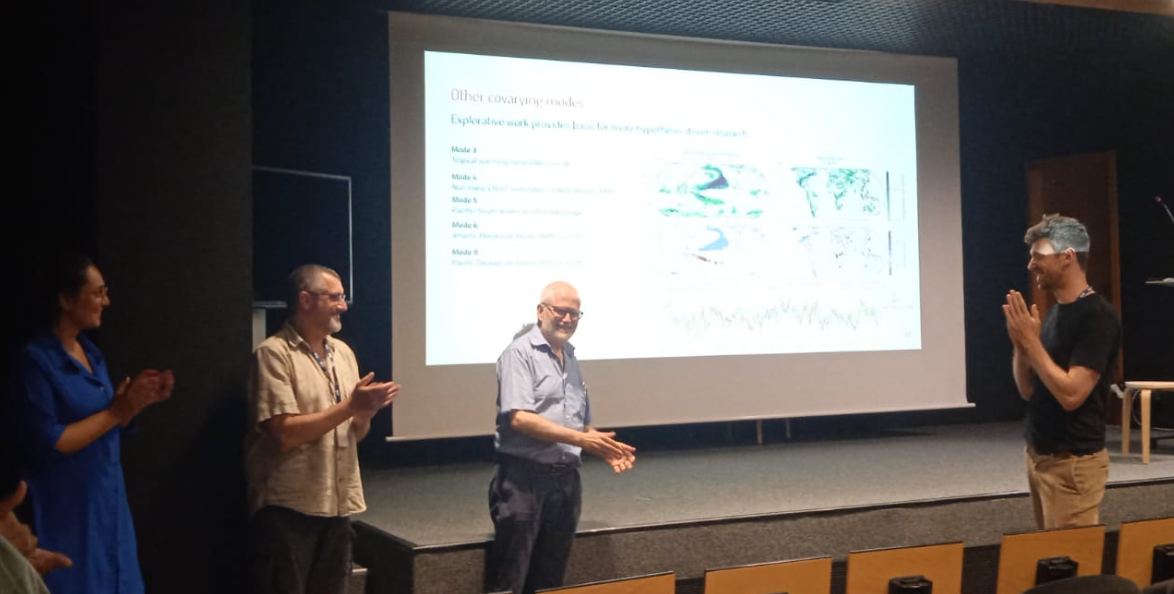
On June 10th, Niclas Rieger successfully defended his doctoral thesis Data-Driven Modelling in Dense and Scarce Data Regimes: Applications to Climate Data and Marine Plastic Pollution at the Institut de Ciències del Mar (ICM), marking the end of a PhD journey that has taken him across institutions, countries and disciplines in pursuit of a simple yet daunting question: how can we extract meaningful insights from data that is either overwhelming in volume or frustratingly incomplete?
The thesis was part of the European project CAFE (Climate Advanced Forecasting of sub-seasonal Extremes), an interdisciplinary training network coordinated by CRM and designed to improve the sub-seasonal predictability of extreme weather events. With climate extremes such as heatwaves, cold surges or tropical storms becoming increasingly disruptive, the CAFE project set out to equip a new generation of researchers with tools from climate science, statistical physics, complex networks and machine learning. Niclas was one of twelve early-stage researchers in the network and collaborated with teams across Europe, including the ICM, the Max Planck Institute for the Physics of Complex Systems, and the European Centre for Medium-Range Weather Forecasts (ECMWF).

Throughout his thesis, carried out at CRM, Niclas tackled a dual challenge that’s becoming increasingly central to environmental science. On one end of the spectrum, massive climate datasets, spanning petabytes, must be processed efficiently to uncover subtle, large-scale patterns. On the other hand, issues like marine plastic pollution often suffer from a lack of data, with scattered, irregular measurements that make trend detection difficult. “I kept running into the same dilemma,” he explains. “Climate data was everywhere, but when I looked for measurements of beach litter, I found just a handful. I wanted to know how we can still reach sound conclusions in both situations.”
To address this, he developed two complementary lines of work. For data-rich scenarios, he created xeofs, an open-source Python library that allows researchers to process climate datasets roughly ten times faster than before, revealing teleconnection patterns and subtle links between weather phenomena in distant regions of the globe. For data-poor contexts, such as beach litter surveys, he turned to Bayesian modelling to build predictive maps of seasonal pollution hotspots in the North-East Atlantic, complete with uncertainty bands that highlight where monitoring needs to improve.
“Whether you’re drowning in data or struggling to find any, the right mathematical tools can still help you extract insights that matter”.
His time in the CAFE network also gave him a broader view of scientific collaboration. “It felt like a tour of Europe’s climate science kitchens. Every institute had its own recipes, data techniques, ways of framing problems, and even cultural habits. That variety really sharpened my skills, but also showed me that meaningful progress tends to come from complementary teams rather than solo efforts.”
That collaborative spirit paid off in unexpected ways. After releasing his climate analysis code as open source, a data scientist from a weather-forecasting company reached out, proposing a new feature. What began as a casual pull request turned into a fruitful co-development that improved the tool for both academic research and operational use.
Looking back, Niclas reflects that the most important lesson from his PhD was “stay curious, but protect your focus.” With so many shiny methods and new ideas on offer, it’s easy to get lost. “The key is to balance exploration with disciplined follow-through. That’s how you turn a sea of possibilities into results you can stand behind.”
The thesis was co-supervised by Álvaro Corral (UAB-CRM), Estrella Olmedo and Antonio Turiel (ICM), and is part of the doctoral program in Physics at the Universitat Autònoma de Barcelona. With this milestone, Niclas joins a new generation of interdisciplinary researchers prepared to confront the complex environmental challenges of our time, not just with more data, but with smarter ways to read it.
Subscribe for more CRM News
|
|
CRM CommPau Varela
|
When Symmetry Breaks the Rules: From Askey–Wilson Polynomials to Functions
Researchers Tom Koornwinder (U. Amsterdam) and Marta Mazzocco (ICREA-UPC-CRM) published a paper in Indagationes Mathematicae exploring DAHA symmetries. Their work shows that these symmetries shift Askey–Wilson polynomials into a continuous functional setting,and...
Homotopy Theory Conference Brings Together Diverse Research Perspectives
The Centre de Recerca Matemàtica hosted 75 mathematicians from over 20 countries for the Homotopy Structures in Barcelona conference, held February 9-13, 2026. Fourteen invited speakers presented research spanning rational equivariant cohomology theories, isovariant...
Three ICM speakers headline the first CRM Faculty Colloquium
On 19 February 2026, the Centre de Recerca Matemàtica inaugurated its first CRM Faculty Colloquium, a new quarterly event designed to bring together the mathematical community around the research carried out by scientists affiliated with the Centre. The CRM auditorium...
Trivial matemàtiques 11F-2026
Rescuing Data from the Pandemic: A Method to Correct Healthcare Shocks
When COVID-19 lockdowns disrupted healthcare in 2020, insurance companies discarded their data; claims had dropped 15%, and patterns made no sense. A new paper in Insurance: Mathematics and Economics shows how to rescue that information by...
L’exposició “Figures Visibles” s’inaugura a la FME-UPC
L'exposició "Figures Visibles", produïda pel CRM, s'ha inaugurat avui al vestíbul de la Facultat de Matemàtiques i Estadística (FME) de la UPC coincidint amb el Dia Internacional de la Nena i la Dona en la Ciència. La mostra recull la trajectòria...
Xavier Tolsa rep el Premi Ciutat de Barcelona per un resultat clau en matemàtica fonamental
L’investigador Xavier Tolsa (ICREA–UAB–CRM) ha estat guardonat amb el Premi Ciutat de Barcelona 2025 en la categoria de Ciències Fonamentals i Matemàtiques, un reconeixement que atorga l’Ajuntament de Barcelona i que enguany arriba a la seva 76a edició. L’acte de...
Axel Masó Returns to CRM as a Postdoctoral Researcher
Axel Masó returns to CRM as a postdoctoral researcher after a two-year stint at the Knowledge Transfer Unit. He joins the Mathematical Biology research group and KTU to work on the Neuromunt project, an interdisciplinary initiative that studies...
The 4th Barcelona Weekend on Operator Algebras: Open Problems, New Results, and Community
The 4th Barcelona Weekend on Operator Algebras, held at the CRM on January 30–31, 2026, brought together experts to discuss recent advances and open problems in the field.The event strengthened the exchange of ideas within the community and reinforced the CRM’s role...
From Phase Separation to Chromosome Architecture: Ander Movilla Joins CRM as Beatriu de Pinós Fellow
Ander Movilla has joined CRM as a Beatriu de Pinós postdoctoral fellow. Working with Tomás Alarcón, Movilla will develop mathematical models that capture not just the static architecture of DNA but its dynamic behaviour; how chromosome contacts shift as chemical marks...
Criteris de priorització de les sol·licituds dels ajuts Joan Oró per a la contractació de personal investigador predoctoral en formació (FI) 2026
A continuació podeu consultar la publicació dels criteris de priorització de les sol·licituds dels ajuts Joan Oró per a la contractació de personal investigador predoctoral en formació (FI 2026), dirigits a les universitats públiques i privades del...
Mathematics and Machine Learning: Barcelona Workshop Brings Disciplines Together
Over 100 researchers gathered at the Centre de Recerca Matemàtica to explore the mathematical foundations needed to understand modern artificial intelligence. The three-day workshop brought together mathematicians working on PDEs, probability, dynamical systems, and...

